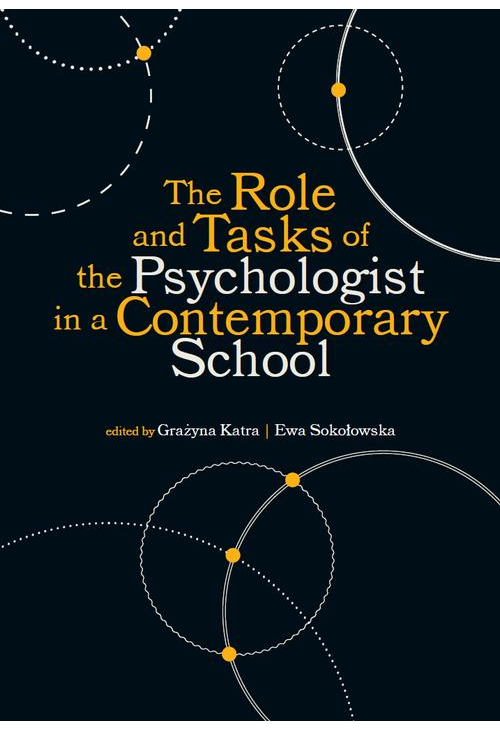
- Za darmo
ebook The Role and Tasks of the Psychologist in a Contemporary School
The Role and Tasks of the Psychologist in a Contemporary School to unikalna i niezwykle istotna książka na polskim rynku wydawniczym, która prezentuje autorski model pracy psychologa w szkole. Model ten został przetestowany przez 10 lat w polskich placówkach oświatowych i skierowany jest do szerokiego grona odbiorców, także tych spoza Polski. Autorki chcą zainicjować międzynarodową dyskusję na temat roli i zadań psychologa w edukacji.
Książka podkreśla znaczenie monitoringu i promocji właściwych wzorców zachowań jako działań mających największy wpływ psychologiczny i pedagogiczny w środowisku szkolnym. Prewencja oraz interwencja są postrzegane jedynie jako konieczne uzupełnienie tych działań. Takie podejście podkreśla istotność prawidłowego przebiegu procesu edukacyjnego, klimatu szkolnego oraz rozwoju uczniów.
Publikacja przedstawia pozytywną rolę psychologa jako współtwórcy dobrze funkcjonującej społeczności szkolnej, a nie tylko osoby odpowiedzialnej za rozwiązywanie problemów występujących w środowisku szkolnym lub edukacyjnym.
Książka zawiera obszerne informacje teoretyczne, które stanowią podstawę do zrozumienia wyzwań stojących przed psychologiem szkolnym oraz określają niezbędne kompetencje i umiejętności, aby sprostać tym wyzwaniom. Model pracy psychologa w szkole zaprezentowany w książce definiuje działania, które powinien podejmować, wskazując ich istotę, formy oraz niezbędne umiejętności.
Autorkami są dr hab. Grażyna Katra oraz dr Ewa Sokołowska, ekspertki w dziedzinie psychologii edukacyjnej i rozwojowej. Książka jest dostępna w formacie ebooka, co umożliwia łatwe pobranie i czytanie na różnych urządzeniach. Znajdziesz ją w sklepach z ebookami oraz możesz kupić bezpośrednio wydanie elektroniczne.
The Role and Tasks of the Psychologist in a Contemporary School to publikacja cyfrowa, która jest dostępna w formacie PDF. Jej treść stanowi doskonałe źródło wiedzy dla psychologów szkolnych oraz wszystkich zainteresowanych rolą i zadaniami psychologa we współczesnej edukacji.
Pobierz ebook już teraz i rozwijaj swoją wiedzę na temat nowoczesnego podejścia do pracy psychologicznej w szkole. To jedna z najlepszych książek elektronicznych dostępnych obecnie na rynku, która cieszy się uznaniem specjalistów i jest polecana jako literatura piękna oraz bestseller ebooki.
Nie przegap okazji, aby zdobyć dostęp do wiedzy zawartej w The Role and Tasks of the Psychologist in a Contemporary School. Kup e-booka i ciesz się możliwością czytania na dowolnym urządzeniu, gdziekolwiek jesteś. Ebooki to wygodny sposób na zdobycie wartościowych informacji bez konieczności noszenia ciężkich książek.
Spis treści ebooka The Role and Tasks of the Psychologist in a Contemporary School
Introduction – Grażyna Katra, Ewa Sokołowska 9THEORETICAL CONSIDERATIONS
1. Tasks and responsibilities of the psychologist in
a Polish school – Grażyna Katra 15
2. The model of the school psychologist’s role – an
authorial proposal – Grażyna Katra 23
3. Characteristics of the school environment –
Elżbieta Dryll 34
4. The psychologist in a contemporary Polish school –
theoretical inspirations – Ewa Sokołowska 4
MAIN CHALLENGES
5. Specific problems in the development of a younger
school-age child – directions and forms of preventive
measures – Małgorzata Babiuch-Hall 61
6. The school psychologist in the face of the
challenges of adolescence – Grażyna Katra 76
7. School failure – Ewa Sokołowska 95
8. Violence and abuse – work in a school – Ewa
Sokołowska 109
9. The role of the school psychologist in dealing
with confl icts. Prevention and intervention
activities – Elżbieta Czwartosz 128
COMPETENCES AND SKILLS
10. Individual work – Elżbieta Dryll 141
11. Working with a group in a school – Ewa
Sokołowska, Grażyna Katra 154
12. Working with families in a school – Anna Cierpka
166
13. Specificity of contact between the school
psychologist and teachers – Karolina Małek 177
14. “Facing an audience” – Ewa Sokołowska 188
15. Promoting the student’s development. A holistic
perspective – Magdalena Budziszewska 214
Final considerations 227
References 231
Biographical notes on the authors 259
Index 262
Szczegóły ebooka The Role and Tasks of the Psychologist in a Contemporary School
- Wydawca:
- Wydawnictwa Uniwersytetu Warszawskiego
- Rok wydania:
- 2021
- Typ publikacji:
- Ebook
- Język:
- angielski
- Format:
- epub mobi pdf
- Redakcja:
- Ewa Sokołowska
- Tłumaczenie:
- Małgorzata Bieleń
- Liczba stron:
- 268
- Miejsce wydania:
- Warszawa
- ISBN dla wersji papierowej:
- 9788323551348
Recenzje ebooka The Role and Tasks of the Psychologist in a Contemporary School
-
Reviews (0)

Na jakich urządzeniach mogę czytać ebooki?
- Za darmo





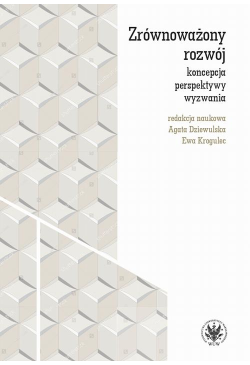


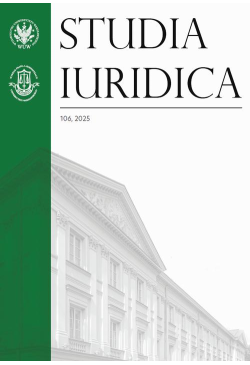

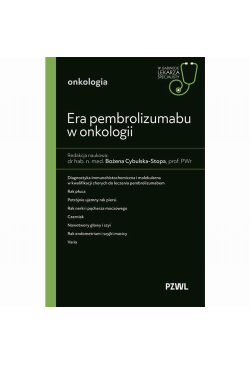

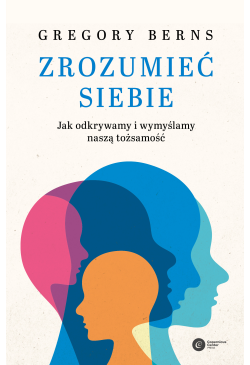





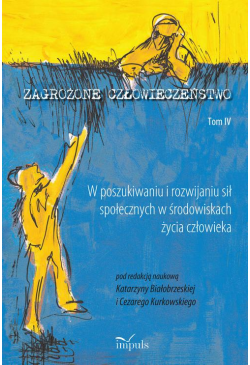
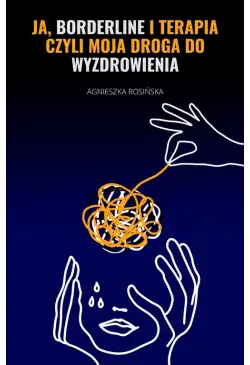



@CUSTOMER_NAME@
@COMMENT_TITLE@
@COMMENT_COMMENT@